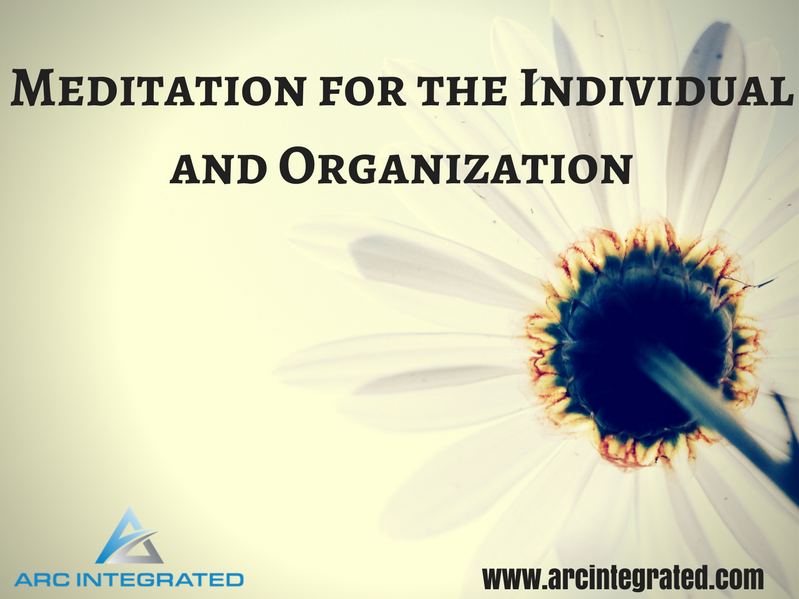In my experience in working with individuals dealing with depression and anxiety or both, there has been a consistency I have seen. I hesitate to use the term “always” but certainly often, taking a mind-body approach to depression and anxiety seems to yield positive results, in my experience. In my own life I have found this to be true also. I have always felt better when exploring challenges from multiple lenses. This is not necessarily surprising that long lasting change would be achieved through tackling multiple components of the human experience.
I’m certainly not alone in this belief either. According to an article in The Journal of Palliative Medicine, it was found that a multi-modal treatment approach including mindfulness meditation, yoga movement and breathing exercise helped to reduce anxiety and depression in Japanese cancer patients. In addition, in The Canadian Journal of Psychotherapy there was a study showing the efficacy of using Yoga as a complimentary treatment to psychotherapy in treating depression and anxiety. These are just a couple of examples of how a mind-body approach can be an effective treatment philosophy.
4 Tips for a Mind-Body Approach to Depression and Anxiety
Mind your body – We now have extensive research to show how lifestyle has such a great impact on our body and mind. When considering how to care for your body and mind, the basic tenants remain – eat whole foods, exercise regularly and get plenty of sleep. If someone is experiencing anxiety and depression these lifestyle factors may be harder to work towards. However, when you follow these principles often times there is symptom reduction. For more information on nutrition, wellness and some great insight into mindset I recommend – The Model Health Show.
Talk to someone – If someone is having a particularly hard time it may be valuable to call a therapist or doctor for consult. If you already have a therapist, there may be value in seeing them more regularly during more challenging times.
Have compassion – Be patient and have compassion with yourself. During times of depression and anxiety this may be difficult. Remember that there are resources available to you. Remaining present, compassionate and patient when working towards reducing symptoms is an important strategy. One way to exercise compassion is doing an exercise in gratitude.
Self-Care – Engaging in some sort of regular practice is very important. This practice can be different for everyone. However, usually the focus of the practice is related to self-development. Self-care could be related to physical fitness, meditation, time with loved ones, reflection, intention or any combination of activities that help to de-stress or remain present.
What mind-body practices have you found to be effective in your life?
Be well!
Michael


